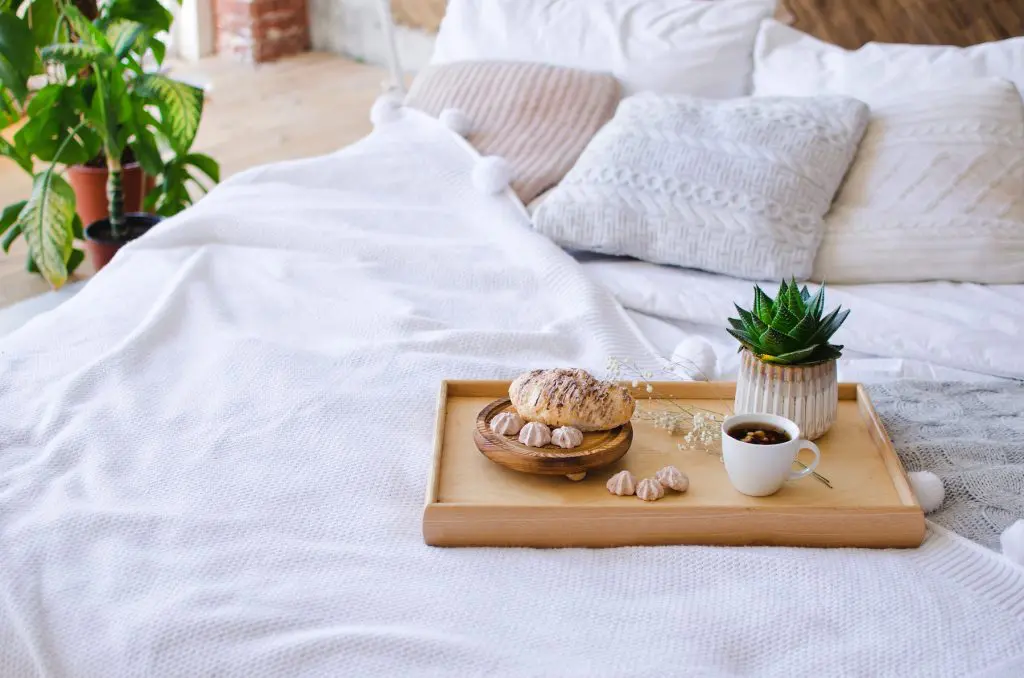What and when we eat can greatly impact our sleep patterns and quality of sleep. Insufficient, disruptive or poor quality of sleep has been linked to a number of health issues including heart disease, diabetes and obesity.
Our team at Majestic Mattress in Kelowna is dedicated to providing customers with the ideal mattress. However, a great sleep is more than just the right mattress and bedroom atmosphere. Eating and sleeping are completely entwined, so certain foods and beverages will aid your sleep, while others will disrupt it.
Maximize your sleep quality with Kelowna’s Majestic Mattress guide.
Foods That Help Induce Sleep
You’ve probably heard that you shouldn’t eat before bed, which isn’t a bad rule to live by. However, there are studies that prove there is some benefit to eating before bed. It all depends on what you’re consuming, how much and when.
In the article, 15 Foods That Make You Sleepy — and 10 That Keep You Up, the authors offer a number of late-night bites that will lull you to sleep. Pairing complex carbs and protein, or a little fat, is the best combination. A handful of pistachios, a few prunes, some nut butter or even a bit of turkey an hour or so before bed can help you doze off in no time.
If you stick to those kinds of snacks, a bite before bed can help curb your nighttime eating, decrease your chances of waking up hungry in the middle of the night, aid in weight loss and even help stabilize your morning blood sugar.
Foods that Disrupt Your Sleep
Researchers at University of California, Berkeley studied the effects of sleep deprivation on brain functions and the correlation to food choices. A common link among sleep-deprived individuals was a diet that largely consisted of high-calorie foods.
Junk food and anything that contains caffeine, such as dark chocolate or beverages like soda, coffee or caffeinated tea should be avoided later in the day as well and limit your intake throughout the day.
The study found that sleeping poorly led to the body craving high-calories, which would result in a vicious cycle of eating poorly and sleeping poorly.
Limiting your intake of high-calorie food will help promote better sleep and encourage better eating habits. Although snacking about an hour before bed can help lull you to sleep, it’s best to eat your last full meal about three hours prior to bedtime. Your digestive system slows down up to 50% at night, so if you eat a large meal too close to bed your body will be busy digesting instead of sleeping.
Foods That Impact Your Circadian Rhythm
Our food choices can actually help regulate our circadian rhythm. According to Kristin Eckel-Mahan, PhD, Assistant Professor at the Center for Metabolic and Degenerative Diseases at The University of Texas Health Science Center of Houston, our circadian rhythms keep our body clock running on time.
When our circadian rhythm is in check, then all of our bodily functions, including falling asleep at night, waking up in the morning, and feeling hungry at appropriate times, will be on track.
Shifting our eating patterns or drastically altering our eating habits can have a serious impact on our circadian rhythm and as a result our quality of sleep. This is exactly why what we eat affects our sleep and our sleep affects our metabolic health.

